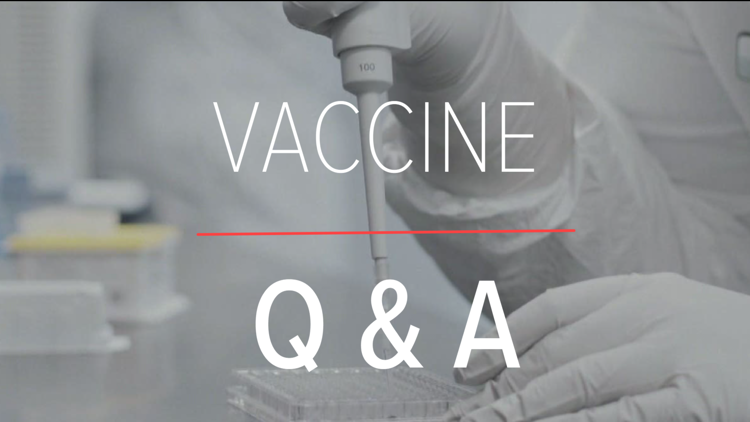Who can & Who cannot take Covid Vaccine?
Answers of your Queries about Covid Vaccine.
Questions regarding Vaccine administration and safety.

Doctors Liked to Read More
Intramuscular injection is the recommended route for all
COVID-19 vaccines.
The recommended site to
administer an intramuscular injection to an adult is the deltoid muscle.
The recommended dosage is two
doses given intramuscularly (0.5ml each) with an interval of 8 to 12
weeks.
Common side effects to
vaccination may include injection site pain and swelling, fever, chills,
tiredness, and headache. For most people, side effects last no longer than 1-2
days. A side effect is not a
contraindication to a second dose.
Persons with an immediate
allergic reaction to the first dose of a COVID-19 vaccine should not
receive additional doses of the same COVID-19 vaccines. An immediate allergic
reaction to a vaccine or medication is defined as any hypersensitivity-related
signs or symptoms consistent with urticaria, angioedema, respiratory distress
(e.g., wheezing, stridor), or anaphylaxis that occur within four hours
following administration.
Providers should attempt to
determine whether reactions reported following vaccination are consistent with
immediate allergic reactions versus other types of reactions commonly observed
following vaccination, such as a vasovagal reaction or post-vaccination side
effects (which are not contraindications to receiving the second vaccine dose).
No. Given the lack of data on the
safety and efficacy of COVID-19 vaccines administered simultaneously with other
vaccines, the vaccine series should be administered alone with a minimum
interval of 14 days before or after administration with any other vaccines.
There should be a minimum
interval of 14 days before or after administration with any other vaccines.
However, if a COVID-19 vaccine is inadvertently administered within 14 days of
another vaccine, doses do not need to be repeated for either vaccine.
Additionally, if the only opportunity for vaccination occurs during this 14-day
interval and you do not expect the patient to return, you may vaccinate them.
At this time, we do not know if
COVID-19 vaccination will have any effect on preventing transmission. Some
people can be infected with the virus that causes COVID-19 but remain
asymptomatic. It is important to know whether COVID-19 vaccines can help
reduce the number of people that have asymptomatic infection as these people
can unknowingly spread the virus to others.
The potential for asymptomatic
transmission of the virus that causes COVID-19 underscores the importance of
applying infection prevention practices, including physical distancing, respiratory
and hand hygiene, surface decontamination, and source control, to encounters
with all patients while in a healthcare facility. Vaccination providers should
refer to the guidance developed to prevent the spread of COVID-19 in healthcare
settings, including outpatient and ambulatory care settings.
No substantive data are available
related to impact of Covid vaccine on transmission or viral shedding.
In the meantime, we must maintain
and strengthen public health measures that work: masking, physical distancing, hand
washing, respiratory and cough hygiene, avoiding crowds, and ensuring good
ventilation.
https://www.cdc.gov/vaccines/covid-19/hcp/faq.html
https://www.who.int/news-room/feature-stories/detail/the-oxford-astrazeneca-covid-19-vaccine-what-you-need-to-know




Comments
You must login to write comment